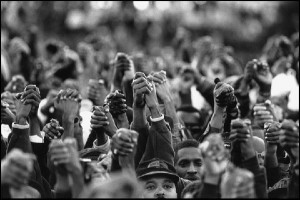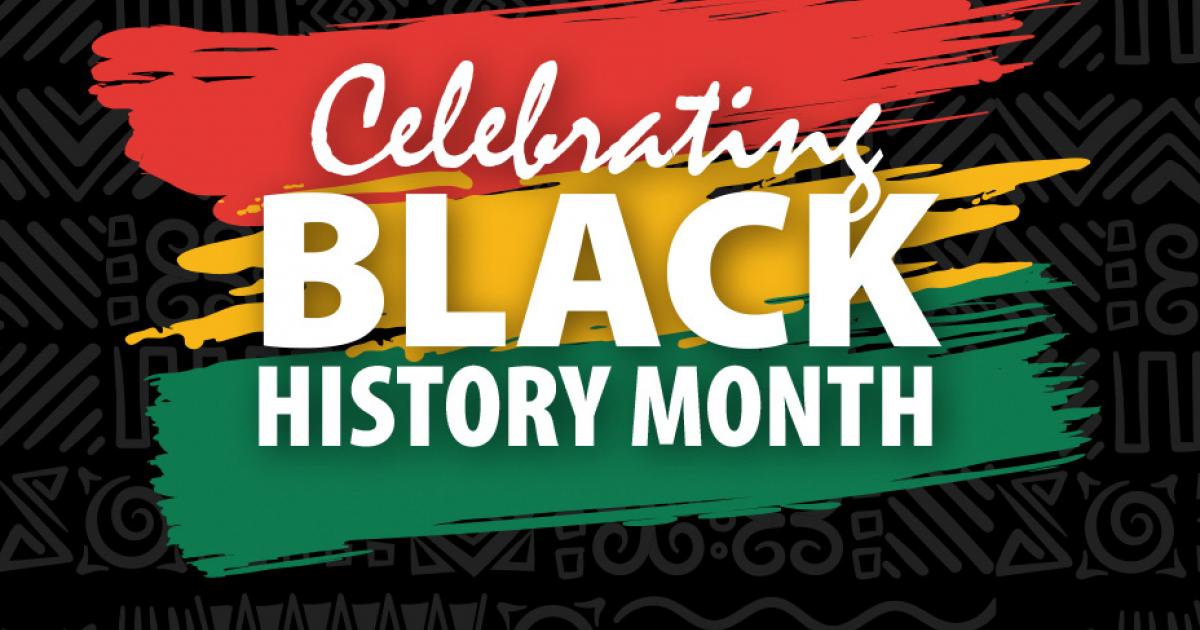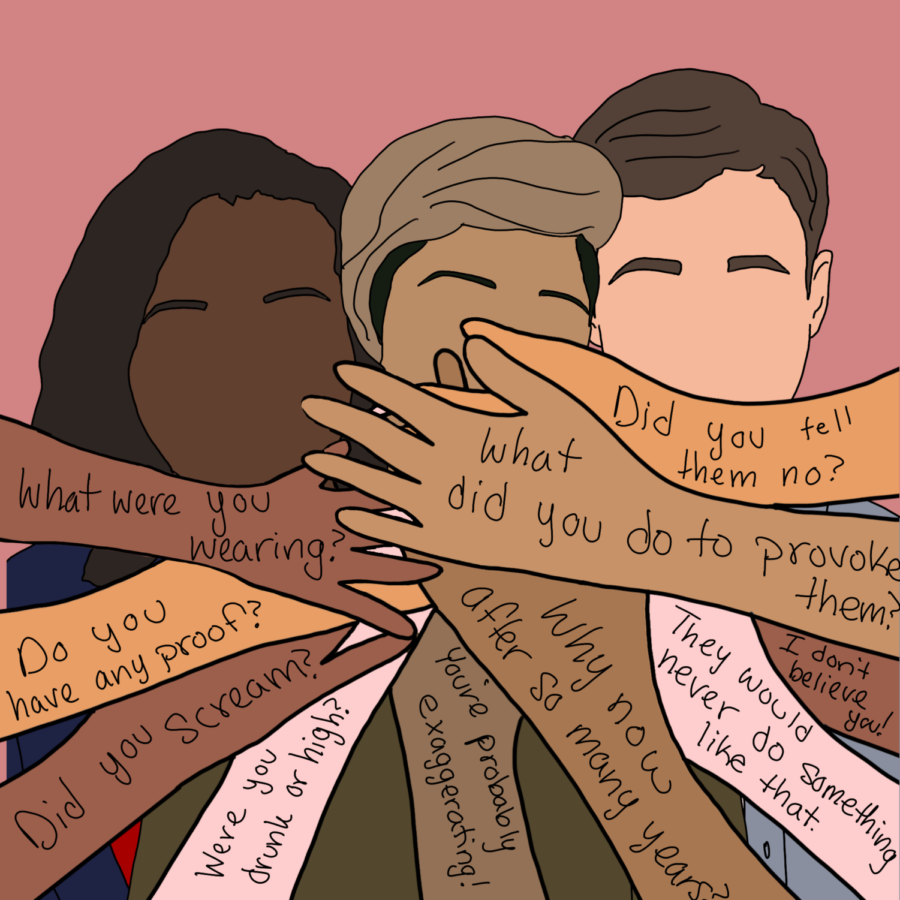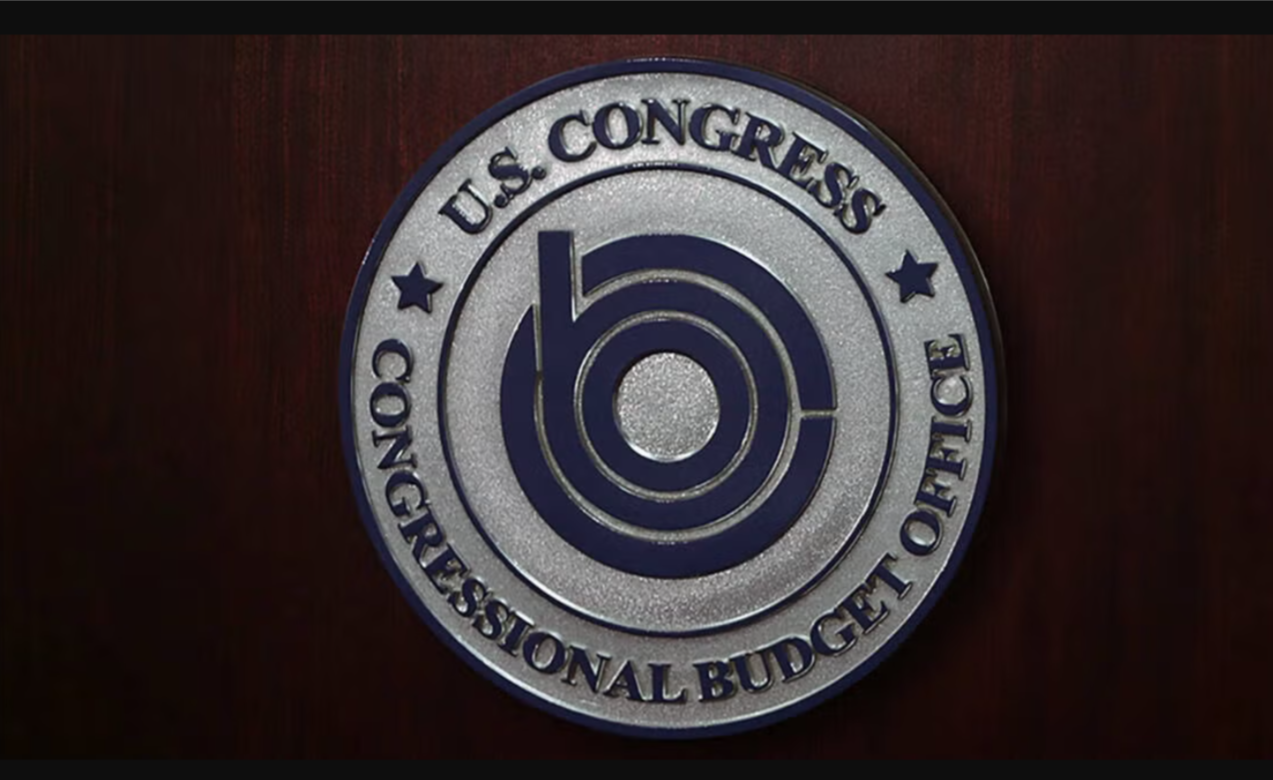(ThyBlackMan.com)
“The ultimate test of man’s conscience may be his willingness to sacrifice something today for future generations whose words of thanks will not be heard.” Gaylord Nelson
One thing that prevents us from moving forward, economically and otherwise, is ego. Many of our leaders are unwilling to elevate the collective in favor of their individual selfish desires. We see it in our social organizations, our political circles, and in our churches. Those in leadership positions refuse to work with others for fear of losing their status or not being in the spotlight, behind the microphone, or in camera-shot at a press conference. Those kinds of individuals are focused on being legends rather than leaving a true legacy for the benefit of future generations.
Building one’s self up as a legend rather than, or at least in addition to building a legacy, is both short-sighted and detrimental to our people. We end up with a lot of bluster but nothing substantive to show for our rhetoric. Take a look back in history and see Black leaders who built legacies that are still helping our people. You will find a pantheon of ancestors who selflessly devoted their lives to uplift Black people.
It is those people who built and left schools, business organizations, economic empowerment efforts, and political achievements that specifically benefited Black people. They sacrificed their time, treasure, and talent for a cause greater than themselves. They understood it was relatively easy to be a legend, but while it was much more difficult, it was better to leave a legacy.
“The greatest use of life is to spend it for something that will outlast it.” William James
Booker T. Washington left a legacy of economic empowerment and education by advocating for self-reliance and building Tuskegee University. Marcus Garvey left a legacy of empowerment by establishing numerous businesses in Harlem and founding the Universal Negro Improvement Association (UNIA). One of our contemporaries, Pastor Jonathan Weaver, founded the Collective Banking Group, now called the Collective Empowerment Group; they will celebrate their 20th anniversary in December 2015. There are many others, past and present, that I could name, but you get the point I’m sure.
are many others, past and present, that I could name, but you get the point I’m sure.
Today we have far too many of our folks trying to be legends instead of building and leaving a legacy. They do a lot of talking, make a lot of empty promises, give tepid responses to problems, and offer worthless symbolic gestures that are soon lost in the shuffle of life. They may be legendary in bombast and hype, but if they leave no legacy that benefits and can be perpetuated by future generations of Black people, their verbosity is virtually meaningless. Legacy is not about an image we want to preserve, but a trust we want to pass on.
Don’t misunderstand; this is not an either-or issue. We have many legends; Muhammad Ali immediately comes to my mind. His legacy of standing on his beliefs, despite the dire consequences he faced nearly fifty years ago, inspires us today. There are other legendary athletes, educators, and entertainers, and I applaud them for what they have done for us. The point being made here is that when it comes to our economic and political advancement, we have too many folks simply trying to be legends only.
Wouldn’t it be a great legacy for the Congressional Black Caucus to eliminate that enslavement “exception” from the 13th amendment? Wouldn’t it be a great legacy for Barack Obama to do a student loan bailout? Wouldn’t it be a great legacy for our super rich entertainers to fund the building of an economic enclave in Detroit, Baltimore, or Atlanta? How about our athletes pooling some of their millions to build African-centered schools, and our business owners establishing entrepreneurship schools across this nation? Some folks in these groups are indeed legends, but are they leaving true legacies?
Our focus must change if we are serious about attaining economic empowerment. We must build; we must own; and we must control assets. Individual ownership is a high priority, but collective ownership is an even higher priority in light of Black people being the third largest population and now fifth, on a relative scale, in vital business categories, i.e. number of firms with employees, annual revenues. A glaring example is this: There are 382,521 Indian-Asian firms; they command annual receipts of $251 billion, compared to 2.6 million Black firms with annual revenues of $187.6 billion. Our legacy must include growing and passing on businesses to the next generation.
“While it is well enough to leave footprints on the sands of time, it is even more important to make sure they point in a commendable direction.” James Cabell
“We will all leave here; but what will we leave here?” Jim Clingman
Written By James E. Clingman
Official website; http://www.blackonomics.com/

















Leave a Reply